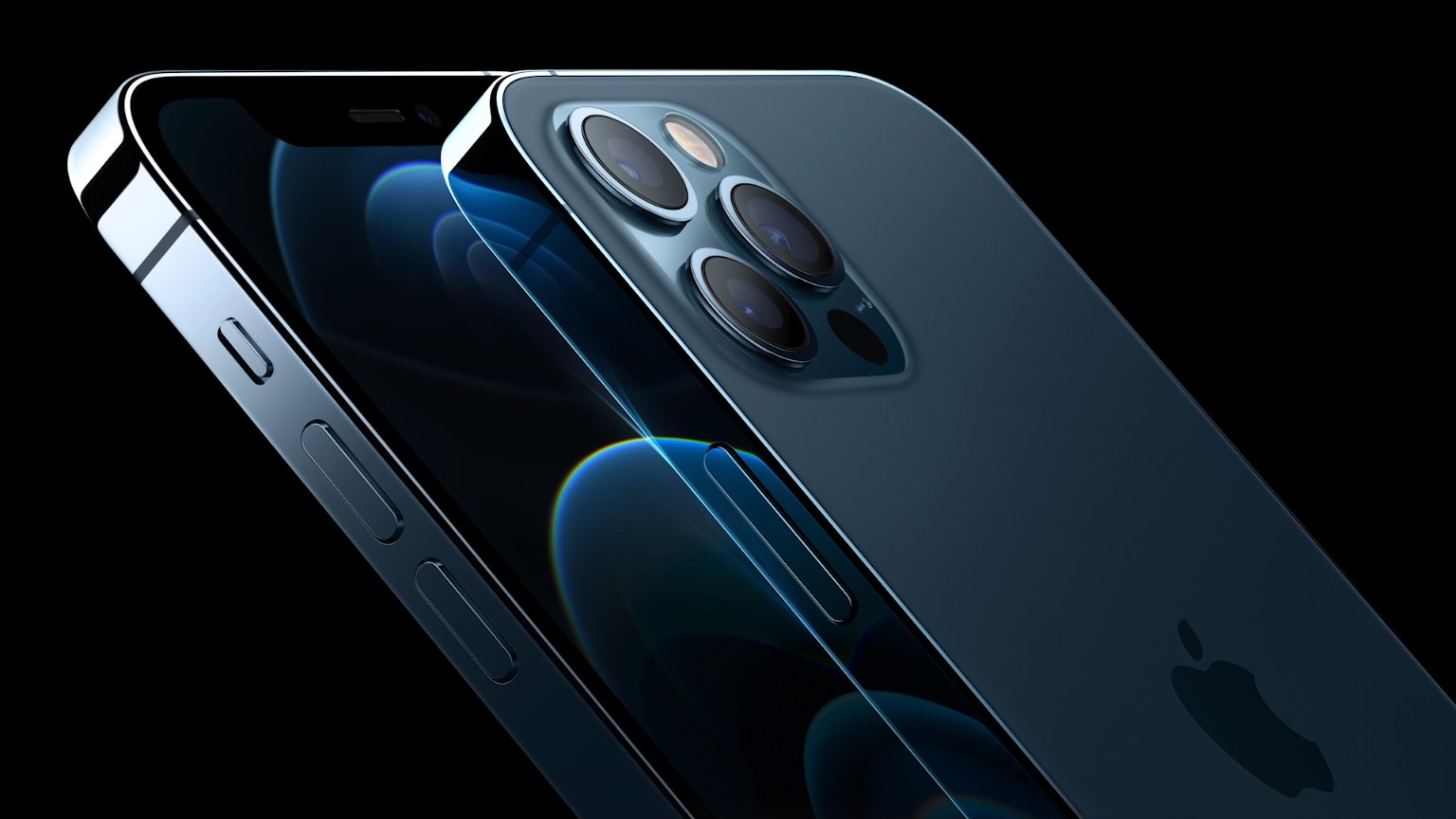Apple just released its new lineup of iPhones for this year and we saw some pretty interesting things. While we have already talked about the midrange champion iPhone 12 mini it’s about time we discuss the top of the line iPhone 12 Pro. Interestingly a new finding says that the iPhone 12 Pro lags behind the Apple iPad Air 4 in common benchmarks even though they both have the same A14 Bionic chipset.
The iPhone costs 999$ for some top of the line specifications in the market. The device has everything you expect from a thousand-dollar phone. However, there are a few things that stand out in this device. Apple has always stayed on top of Snapdragon with its superior mobile processors. When the iPad Air 4 was launched people benchmarked it and compared it against the Snapdragon 865 Plus.
The A14 Bionic gave extremely impressive results and knocked the 865 out of the park with its compute performance results. Now after the iPhone 12 Pro launched we were expecting similar results because the two devices use the same chipset. However, the newly released benchmarks tell a different story. As it turns out the iPhone 12 is noticeably slower than the iPad Air 4 in certain benchmarks.
Also read: iPhone 12 box doesn’t include a power adapter for the ‘environment’ but that’s BS
Geekbench 5 is one of the most popular performance benchmarking applications on smartphones. It has a scoring system that separates single-core and multi-core performance, and workloads that simulate real-world scenarios. In short, it is one of the best ways to evaluate phone performance. With the new iPhone 12 pro the 5nm A14 Bionic we had similar hopes to what we saw in previous devices. However, the results are a little bit different as in the details below.
iPad Air 4
- Single-core – 1583
- Multi-core – 4198
iPhone 12 Pro
- Single-core – 1590
- Multi-core – 3120
Here is the picture of detailed test results for those of you wondering is the results are wrong.

The Scores:
While the 12 Pro does get ahead of the iPad by a small margin in the single-core scores it does get far behind in multicore tests. The reason behind that is still unknown both of the devices have the same hardware so results like these obviously don’t make sense. Geekbench shows that the highest performing cores were running at 3.00GHz and not a lower frequency. this also removes the reasoning that it might be a software performance management issue.
One plausible explanation for this problem comes from MacRumors. They reported that the lower results could be due to Geekbench 5 being run almost immediately after the iPhone 12 Pro was removed from its packaging and set up. A lot of updates and commuting are running in the background when you first set up your phone which would explain the lower multi-core score. However, there is no way to be sure of that right now.
We can only know for sure when the models hit the stores for the actual public on October 23. In other news about this chipset, we also got an update on GPU scores. Sure enough, the new chipset destroys the competitors with its performance in the GPU department.
Not only did the A14 Bionic GPU marginally beat the A12Z Bionic. We can also see from the scores that it was a whopping 72 percent faster than the GPU running in the A13 Bionic. What’s strange is that this is a huge amount of performance that Apple did not talk about in their iPad Air 4, presentation.
Lastly, the scores are not final and they can change with future updates. If this was a software bug apple is already aware of it and they will probably fix it with a software update when the device drops.


